Tazria 5782 – Striving For Greatness
Sponsored By: The Rechanik Family In honor of the volunteers that make Sichos Yisroel possible
Visit YTATorah.org
Shiur presented in 5772
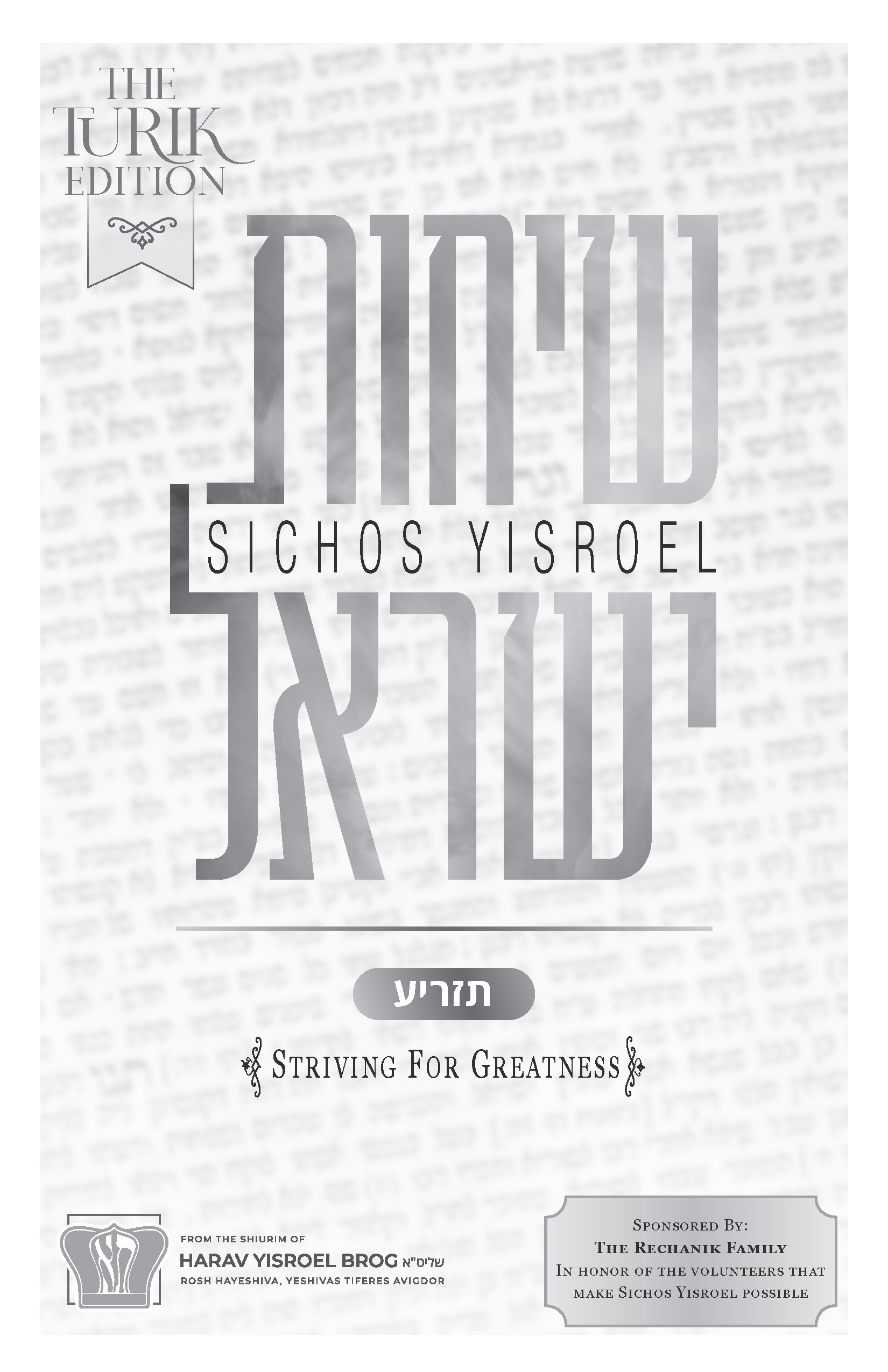
Sponsored By: The Rechanik Family In honor of the volunteers that make Sichos Yisroel possible
Visit YTATorah.org
Shiur presented in 5772

The passuk tells us that after Aharon died, the people lodged a complaint against Hakadosh Baruch Hu. They said they were tired of the circuitous route that they were taking, they were fed up with the difficulties of traveling around for many days and they began to speak against Hashem and Moshe, why did You take us out of Mitzrayim to die in the midbar there’s no lechem and there’s no mayim!
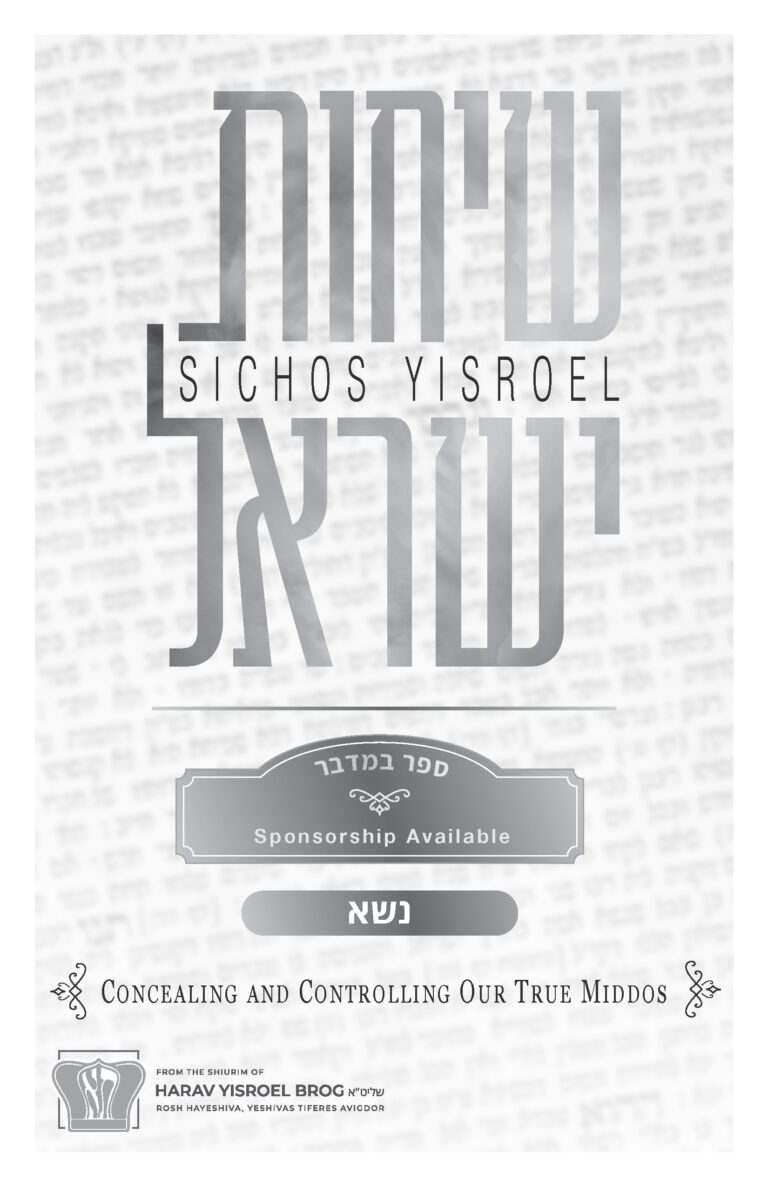
We’re coming down from the mountain. Shavuos is over. You know, there is one maalah of Yom Tov over Shabbos. The Ramban says that the neshamah yeseirah of Shabbos leaves by Motzei Shabbos. By Yom Tov, it doesn’t leave. But lema’aseh, after matan Torah, you know what Hashem said? שׁוּבוּ לָכֶם לְאָהֳלֵיכֶם, “Go back to your tents” (Devarim 5:27). Go home. Do you know what Hashem wanted us to do? To take the Torah we just learned, take the Torah we were just mekabel, and bring it home.
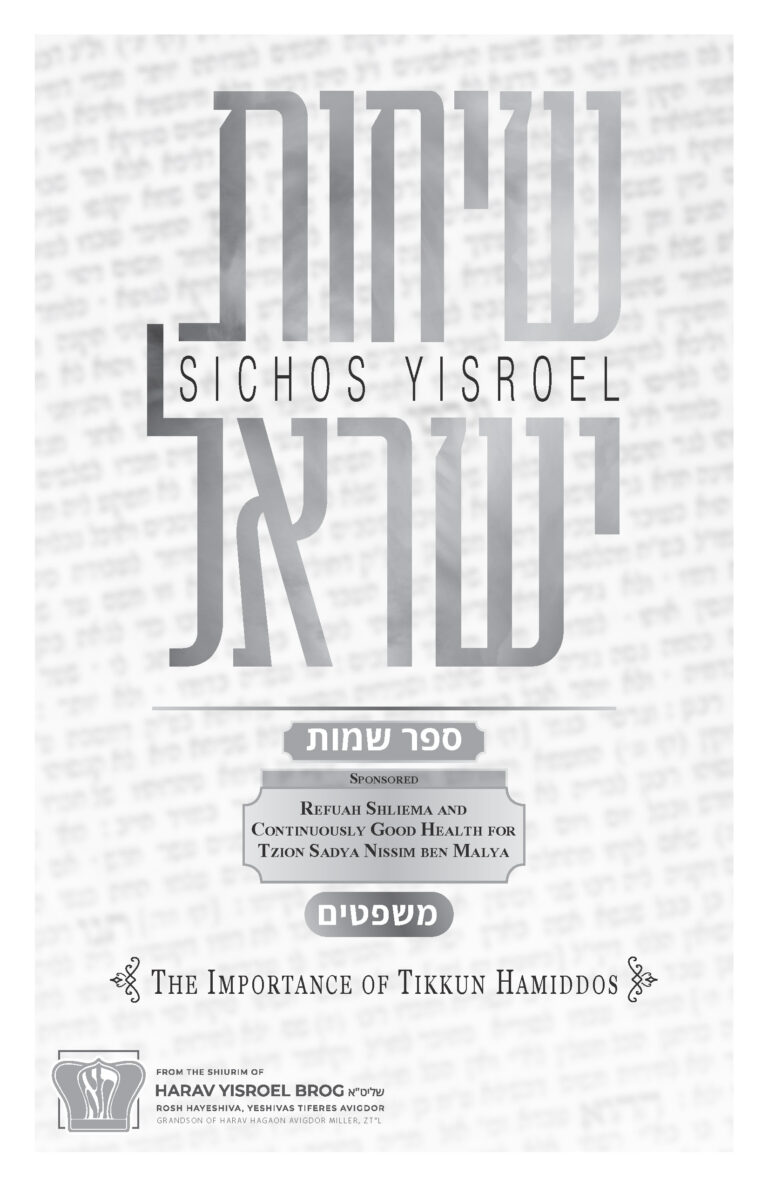
Rav Yisrael Salanter is known as the father of the mussar movement. What was the nekudah that Rav Yisrael introduced to the world? What was he trying to accomplish? Was he trying to be mechazek people in a certain area of kiyum hamitzvos? The Chafez Chaim was famous for his sefer Shemiras Halashon.But his intention was not just that people should learn hilchos shemiras halashon. He was trying to get people to strengthen themselves in the fulfillment of the laws of shemiras halashon.

I A TECHNICAL MITZVAH WITH TREMENDOUS REWARD In Honor of Our Parentsראובן בן רוזיתרחל בת בילאOn their 50th AnniversaryThe Kassin Family
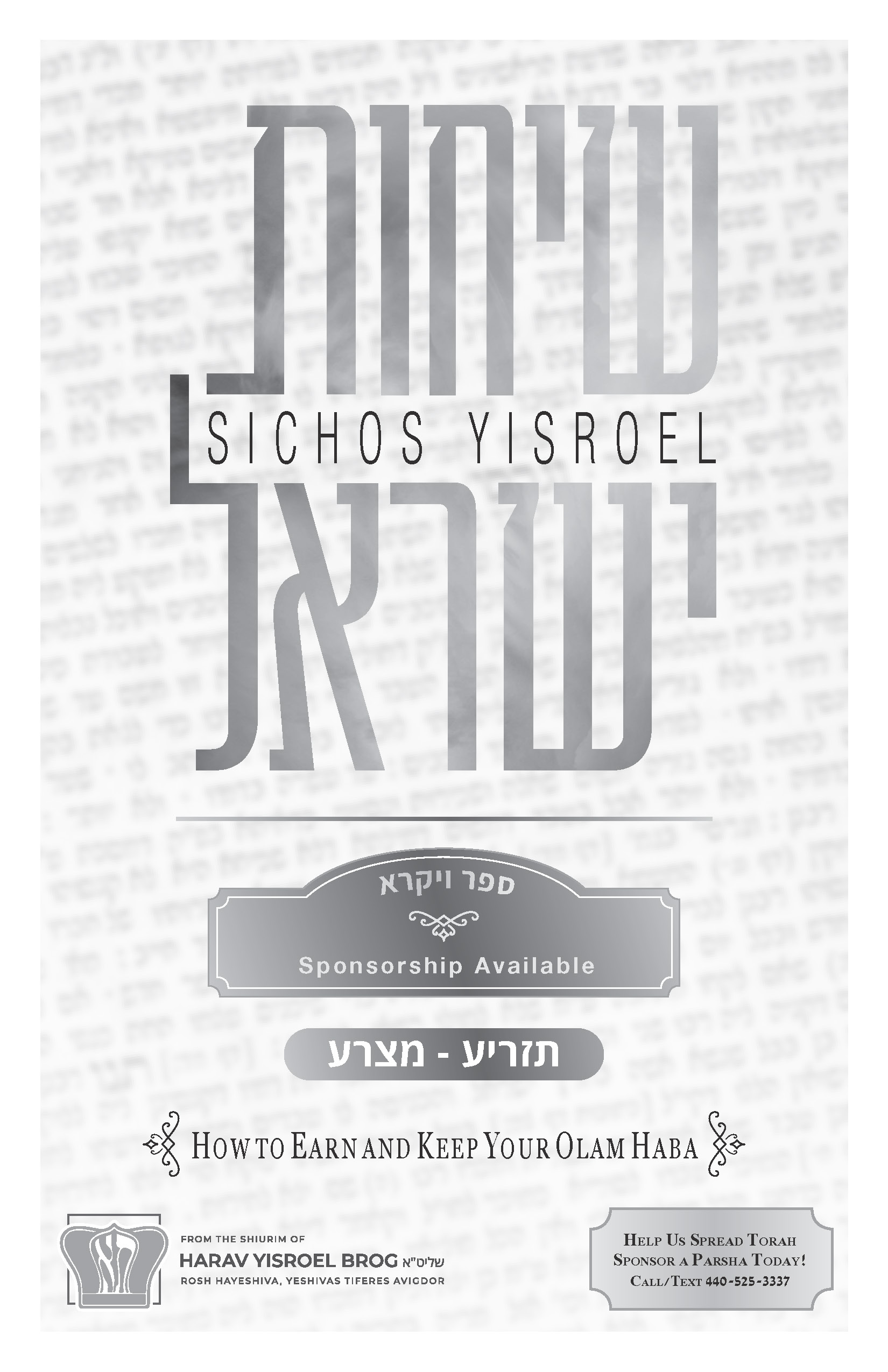
The Torah allots two parshiyos, Tazria and Metzora, to discuss nega’im, tzaraas. Chazal tell us that one of the main reasons nega’im and tzaraas come is for lashon hara. You have to understand, if the Torah makes such a fuss and elaborates to such a degree over the onshim of lashon hara, it behooves us to contemplate once in a while about the seriousness of nega’im and lashon hara. Therefore, Moshe warned Am Yisrael, when he said to them, ‘This shall be the law for a metsora – the law of the one that gives out a bad name.
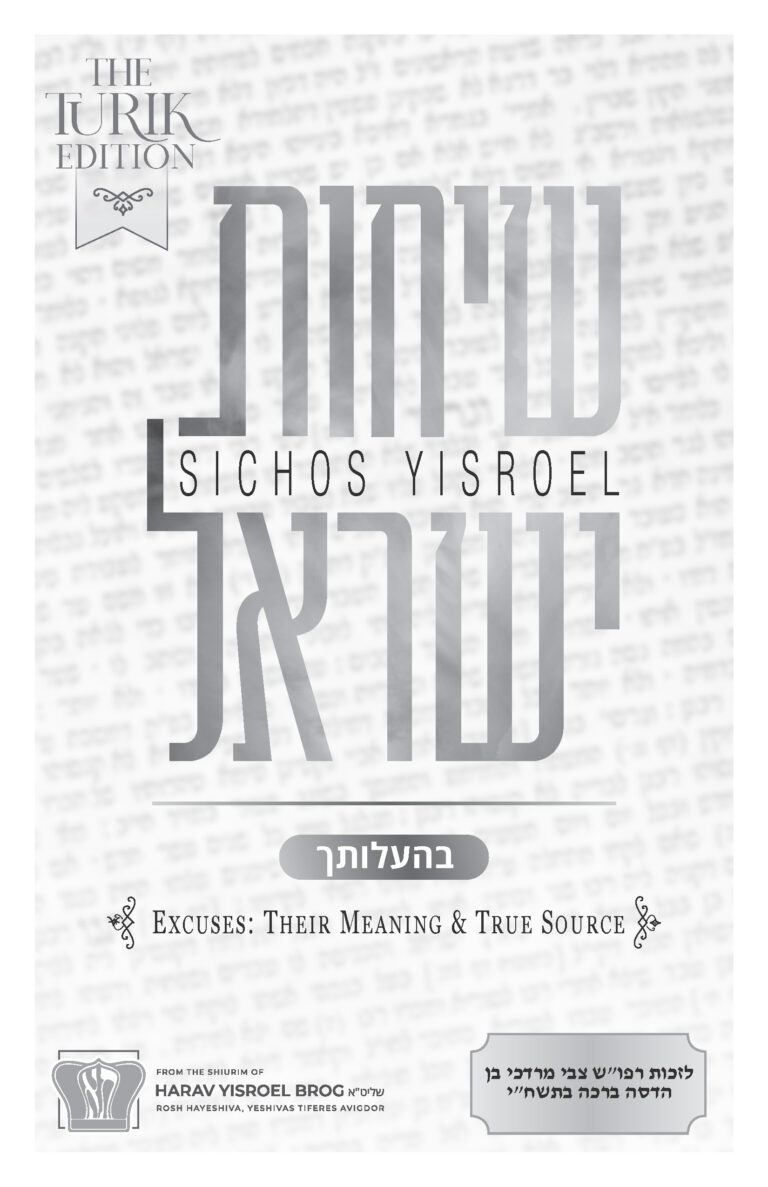
לזכות רפו”ש צבי מרדכי בןהדסה ברכה בתשח”י Consider sponsoring a shiurVisit YTATorah.org Shiur presented in 5779